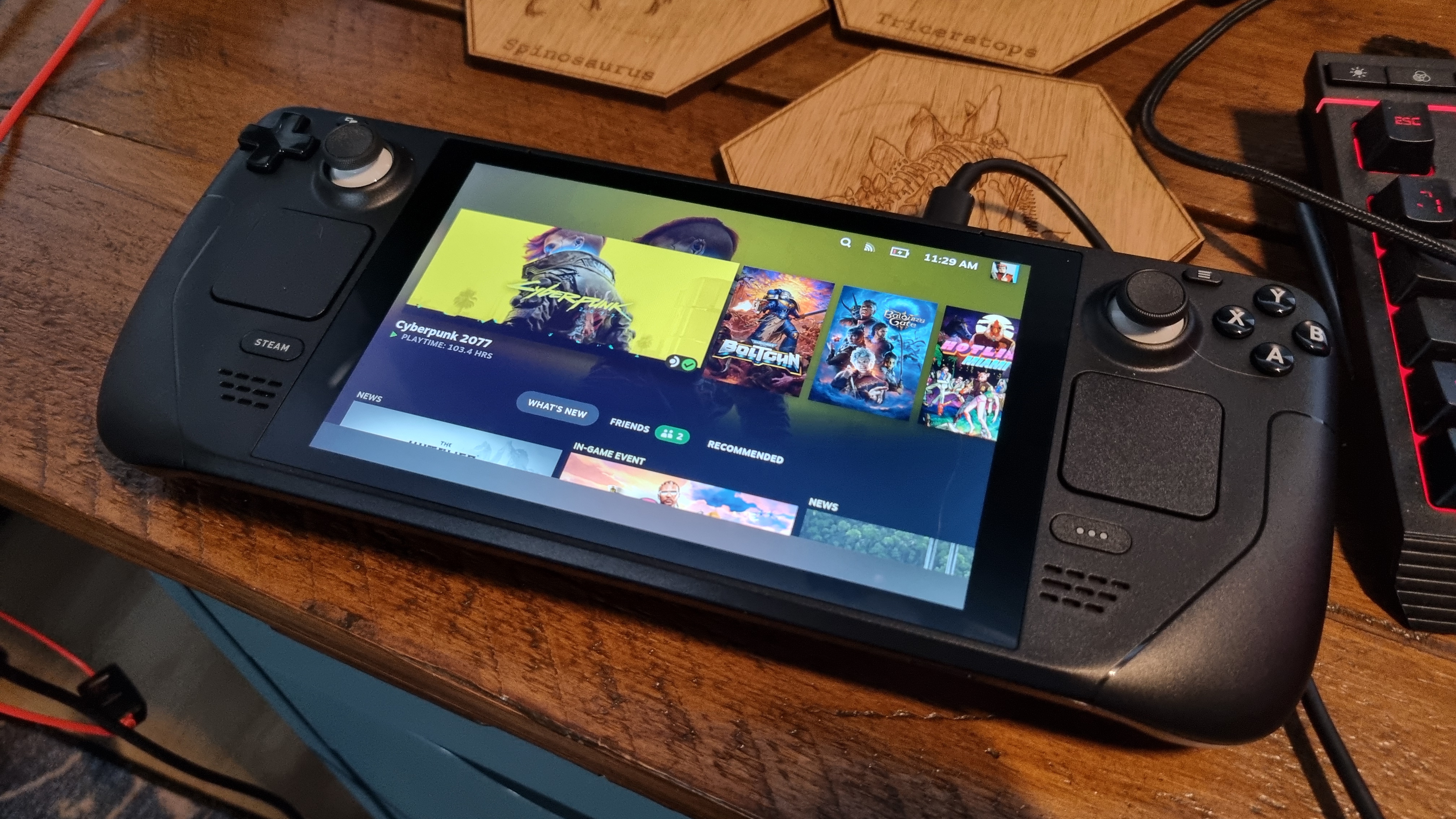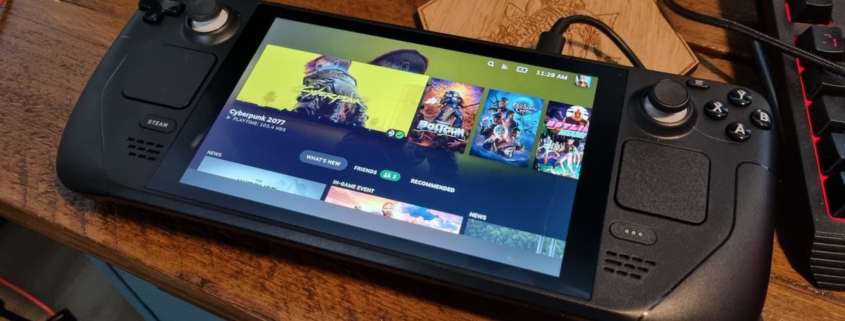Valve appears to be testing Arm64 support in Proton but I wouldn’t get too excited about an Arm-based Steam Deck 2 just yet

Eagle-eyed users have spotted a test application on SteamDB suggesting that Valve is experimenting with Arm64 support for Proton, the software that enables Windows games to run on Linux systems.
The changelog for ValveTestApp3043620 lists several popular games—including Left 4 Dead 2, Garry’s Mod, Kerbal Space Program and more—with added tags like “proton-arm64”, “proton-arm64e” and “protonarm64ec-vanguard” (via Notebookcheck).
This has led to some speculation that Valve could be preparing support for certain games to run via Proton on Arm64 devices like Android smartphones and tablets, or potentially even an Arm64-based version of Valve’s ever-popular Steam Deck.
While the prospect of Steam games running on your phone is a tantalising one (and an Arm-based Steam Deck, a bizarre thought), what’s probably more likely here is testing for Windows support on Arm-based chips.
The Arm architecture has been making waves in recent months, what with the announcement of multiple laptops featuring Qualcomm’s Arm64-based Snapdragon X CPUs. These new mobile devices are capable of running Windows-based games via a Microsoft/Qualcomm emulation layer called Prism.
If Proton was able to provide Windows-based emulation for games, that’d make it a direct competitor to Prism—and if it could provide better performance or more stable emulation than the latter, that’d be quite the boon for gamers looking to adopt Arm-based devices.
Another potential usage would be for a rumoured Arm-based VR headset capable of running both Android and Windows games. Whatever the use case ends up being, it seems that Valve is at the very least playing around with Arm64 emulation in some form or fashion with Proton.
What that ends up looking like is anyone’s guess at this point. I’d still be wary of any suggestion of an Arm-based Steam Deck coming soon, though. A next-gen Deck is likely to be something that’ll have power efficiency as its top priority, and while Snapdragon chips aren’t too shabby on that front, Valve will likely be waiting a fair bit longer to see how future chips play out.
Unless we get a Lunar Lake surprise out of nowhere. Wouldn’t that be something? See, I can speculate with the best of ’em, too.
Source link




